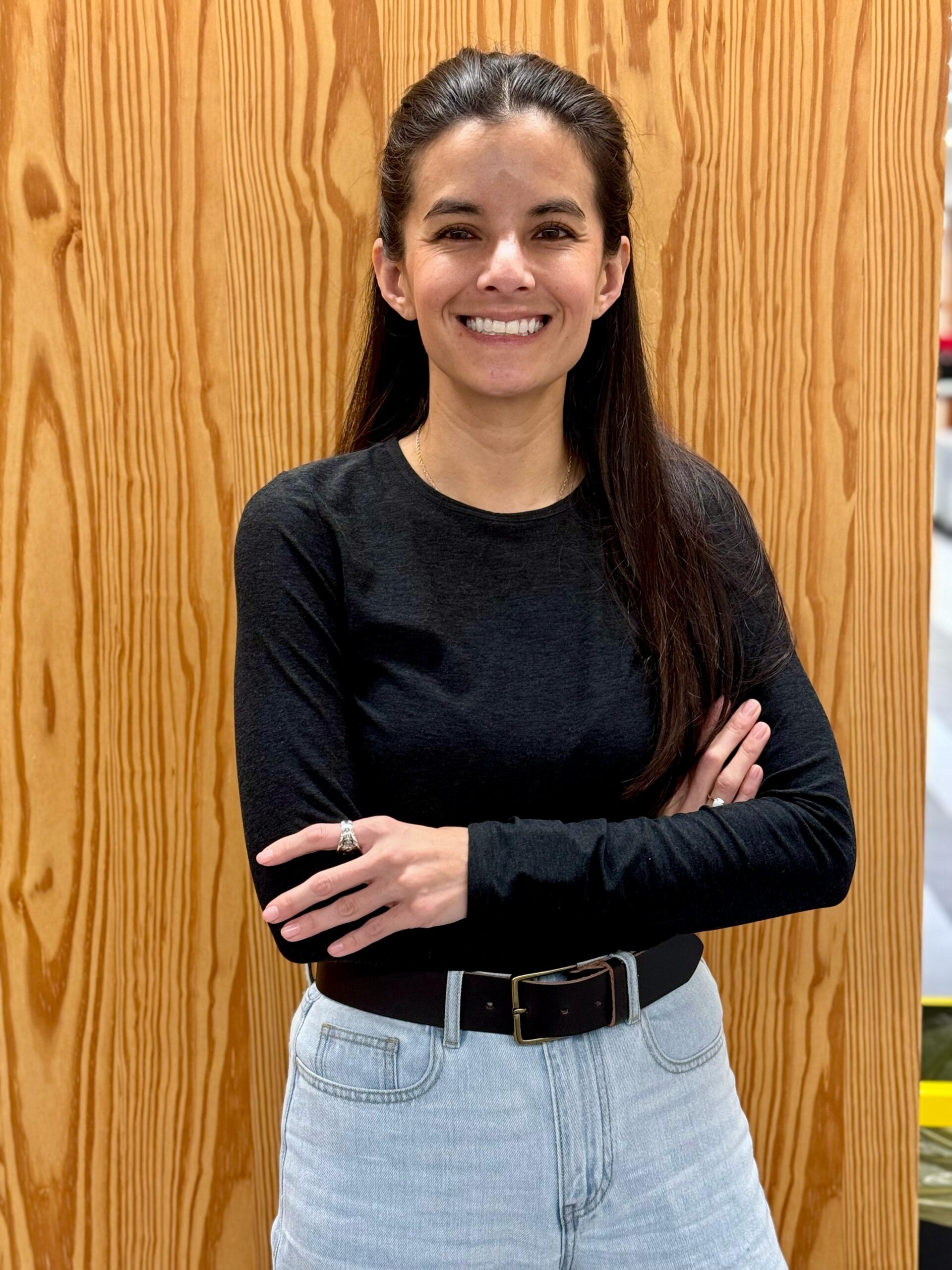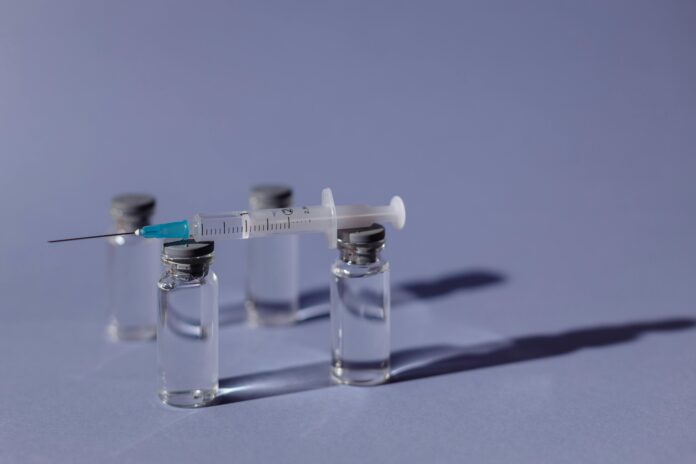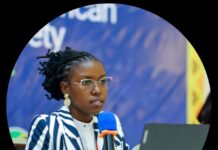|
Getting your Trinity Audio player ready...
|
By Drew L. Aiken
In a displacement camp, a mother cradles her feverish child—sick with measles—her eyes filled with fear. She fled conflict to save her family, yet now faces another deadly threat: a disease that could have been prevented with a simple vaccine. But in war zones, routine immunization is anything but simple. For millions trapped in humanitarian crises, lifesaving vaccines remain out of reach, leaving children vulnerable to measles, diphtheria, and meningitis—diseases that should no longer claim lives. The consequences are devastating: preventable suffering, unnecessary deaths, and communities trapped in cycles of health crises. We know how to stop this. The solutions exist—if we muster the will and resources to act.

In conflict zones, bombs and bullets dominate headlines, yet vaccine-preventable diseases kill just as many, if not more. Since the COVID-19 pandemic struck in 2020, global vaccination rates have plummeted. In 2023 alone, 14.5 million children received no routine vaccines, while another 21 million were under-immunized. Fragile and war-torn regions, already struggling with weak health systems before the pandemic, have been hit hardest. The results are catastrophic: in 2022, the Democratic Republic of the Congo recorded over 300,000 measles cases and 6,000 deaths, polio re-emerged in Gaza, and preventable diseases surged globally.
More than half of all unvaccinated children live in conflict-affected or fragile states, where health systems are collapsing and basic care is vanishing. Global initiatives like Gavi’s Big Catch-Up aim to close the gap, but they fail to address the systemic barriers—political obstruction, logistical hurdles, and chronic underfunding—that leave millions unprotected.
Take South Sudan: a tragic case study of how conflict, weak health systems, and bureaucratic delays fuel outbreaks. Between late 2022 and March 2024, 12,700 measles cases and 239 deaths were reported—a predictable outcome of systemic failures. The crisis deepened in 2023 when over a million refugees fleeing Sudan’s war overwhelmed the country’s fragile health infrastructure.
Yet there are glimmers of hope. In Bulukat, Upper Nile, MSF’s mobile clinics screened and vaccinated displaced arrivals, preventing outbreaks. But such successes hinge on reliable vaccine supplies and cold-chain logistics—rare luxuries in conflict zones.
Compare this to Yambio, Western Equatoria, where a measles outbreak declared in January 2024 saw vaccination campaigns delayed by four months due to supply shortages and sluggish coordination. Thousands fell ill needlessly while negotiations dragged on.
South Sudan’s ordeal mirrors a global failure: vaccination in crises remains too slow, too bureaucratic, and chronically underprioritized.
Somalia’s Southwest State tells a similar story. In Baidoa, home to 700,000 displaced people, measles and whooping cough persist despite reported high vaccination rates. Between 2021 and 2023, Bay Regional Hospital admitted 6,000 measles patients, many from areas unreachable by vaccination teams. A 2023 campaign to immunize 350,000 children against measles and 260,000 with pentavalent vaccines was scrapped—not for lack of planning, but due to empty vaccine stockpiles. In places like Baidoa, humanitarian actors are forced into a reactive cycle, treating thousands instead of preventing outbreaks.
We know vaccines work. Yet for those in conflict zones, access is still a gamble—not because solutions are absent, but because systemic inertia, supply failures, and red tape persist.
What must change?
- Flexible funding: Pre-agreed financing for rapid outbreak response in fragile states.
- Broader eligibility: Extend vaccination campaigns to all children under five in crises.
- Accountability: Governments and health authorities must slash bureaucracy and ensure timely, equitable responses.
This is not just about logistics or money—it’s about political will. Without urgent action, history will repeat itself: children will die, and the world will watch. Again.
The writer is a Medical Advocacy Advisor for Médecins Sans Frontières (MSF).














